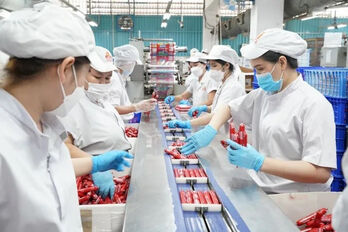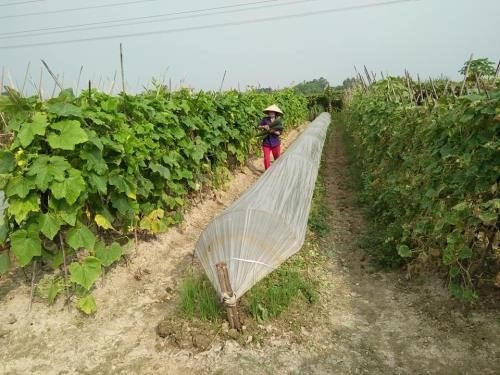Organic firms need to do research: experts
Companies interested in organic agriculture should engage in market research and brand building, and not just simply chase trends without having first identified buyers, experts have said.
-
 Vietnam on track to rank among world’s 30 largest economies
Vietnam on track to rank among world’s 30 largest economies
- Eco-industrial parks with integrated infrastructure draw rising FDI interest
- 'Promised land' for businesses
- Vice Chairman of Tay Ninh Provincial People's Committee Huynh Van Son worked with the Japan Trade Promotion Group in Ho Chi Minh City
- Vietnam’s southern metropolis targets over 120 bln USD economy in 2025
- Digital solutions strengthened to combat e-commerce fraud, counterfeit goods
- Unlocking potential for Vietnamese firms to reach global heights
- Joint efforts on protecting production areas
- Tay Ninh—An attractive investment destination with preferential policies and synchronous infrastructure
- Vietnam moves to attract higher-quality FDI flows



